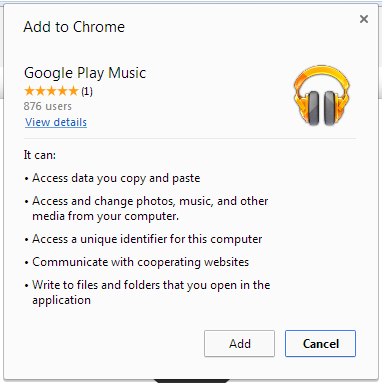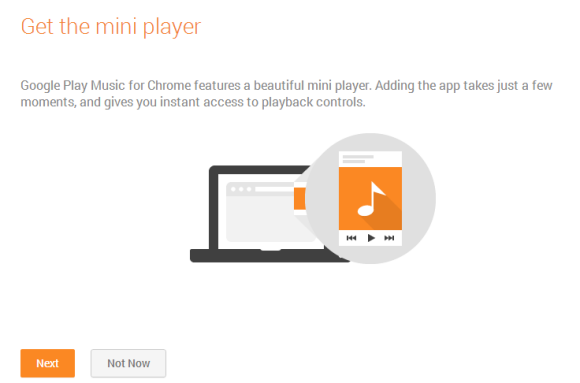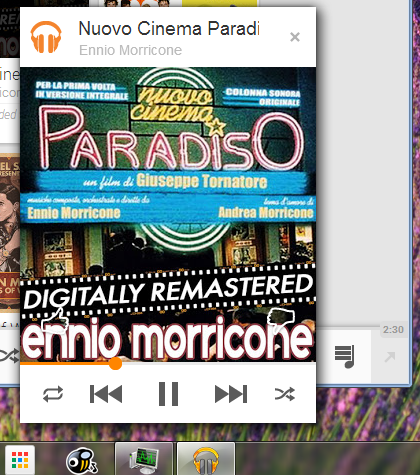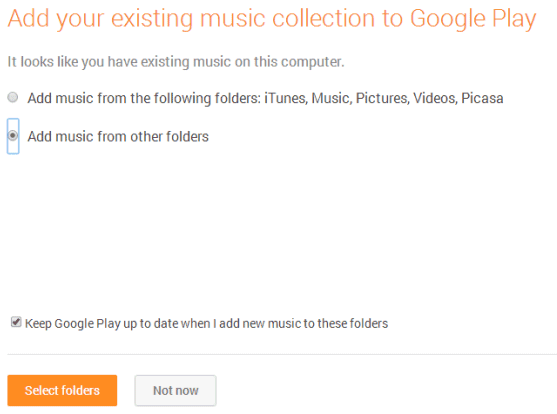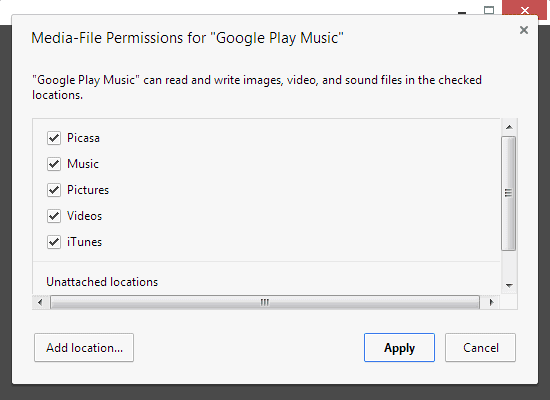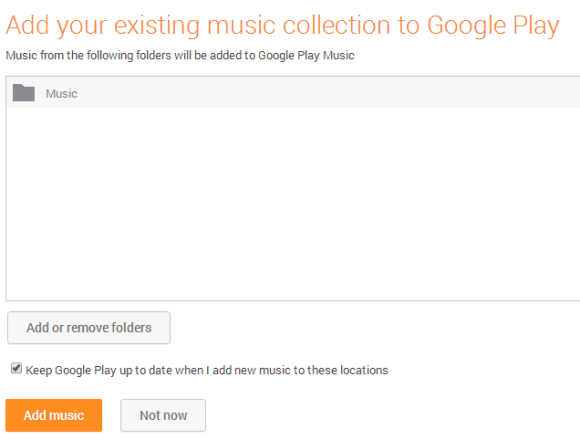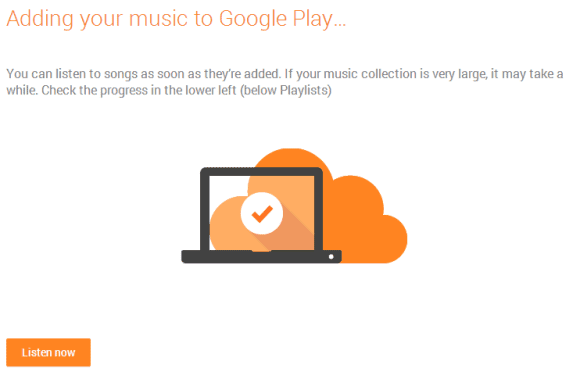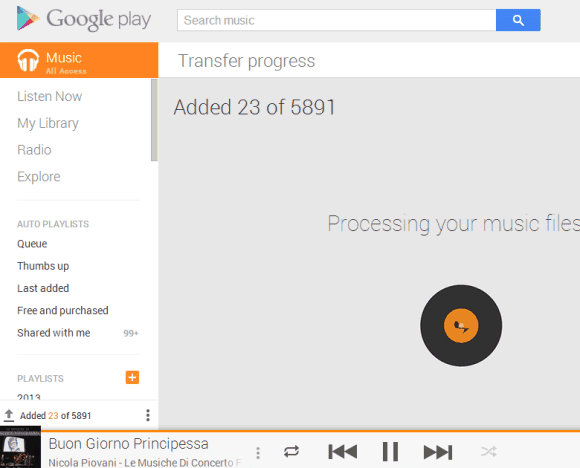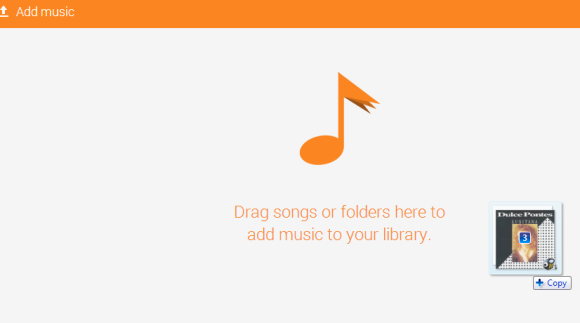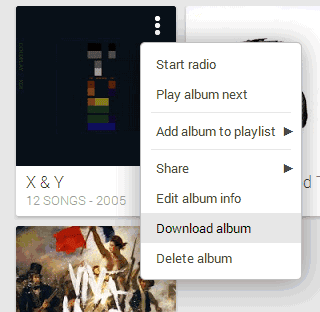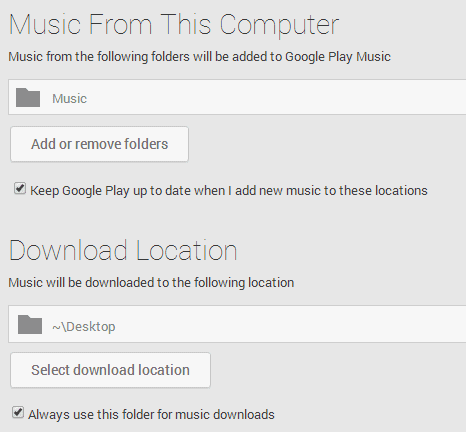It's that time of the year: the day when Google's teams from all over the world come up with so many hoaxes that it's hard to list all of them. It's Google April Fools' Day.
Google Japan found an innovative input method for smartphones:
the Magic Hand. "Once you have set in front of this device a smartphone on hand, just hold the lever afterward. Instead of you, magic hand takes care of operating the smartphone. Problem of the touch panel of the past, I can solve all. Operability of comfortable buttons and levers, will make for some of the space further, the mobile life of you." (machine translation)
More details here.
Gmail celebrates its 10th anniversary by adding a new feature:
Gmail Shelfie. "You all love setting selfies as your custom theme in Gmail, but you've told us there's one major problem: there isn't a way to share your selfie with others. As the pioneering platform for selfies, Gmail is committed to being at the forefront of innovation in the selfie space. Today, we're proud to free your selfies by launching Gmail Shelfie, the SHareable sELFIE. Gmail Shelfie is built on the idea that you shouldn't be selfish with your selfie. With just a few clicks, your mom, your aunt, or that girl you have a crush on can set your Shelfie as their Gmail theme so they can enjoy checking, reading, and writing emails while seeing your friendly face in the background."
This feature is rolling out over the next few hours. Just enable
the "Trending Shelfies" Gmail theme to see some funny Shelfies.
Google Maps lets you
find Pokémon. "If you think you're up to the challenge, grab your Poké Ball and the newest version of Google Maps for iPhone or Android. Then tap the search bar, 'press start,' and begin your quest. Leave no stone unturned or city unzoomed as you seek out wild Charizards and Pikachus to add to your Pokédex. Be vigilant — you never know if a wild Steelix will appear in Tokyo, Japan or New York City, USA."
Nest "teams up with Virgin America to reinvent the way people fly. Watch as Tony Fadell and Sir Richard Branson introduce Total Temperature Control, the newest product from Nest."
Google introduces
Auto Awesome Photobombs, so that anyone can get a celebrity photobomb. "We're starting with surprise appearances by David Hasselhoff, everyone's favorite crime-fighting rockstar lifeguard. Upload a new self-portrait, or a group photo with friends, and leave some room for The Hoff. He might just make your photo a little more #Hoffsome."
Google Chrome announced "Google Translate support for Emoji, built directly into Chrome for Android and iOS. You can now read all your favorite web content using efficient and emotive illustrations, instead of cumbersome text. To view webpages in Emoji today on your Android and iOS devices, make sure you have the latest version of Chrome for Mobile from the Play Store or App Store. Then simply tap on the menu icon and select the 'Translate to Emoji' option. Tap 'Reload' to view the original page. This feature is currently only available in English.
There's also Chromecast for squirrels. "A new era of squirrel entertainment is upon us. No longer will squirrels be restricted to watching human music and videos on TV."
Waze announced "the acquisition of Israeli social enterprise software SingleSpotter, and the subsequent launch of its most social feature yet: WazeDates. After a successful limited beta in San Francisco and Tel Aviv, the feature will launch as an expanded pilot to all Wazers mid-April 2014, allowing drivers to take the same hands-on approach to their personal life as they do to fighting traffic. WazeDates, powered by SingleSpotter, alerts drivers to other likely singles on the road nearby. Wazers can adjust preferences to search for drivers based on age, sex, orientation and more. Once a desirable driver is found, users simply invite them to a destination by sharing their ride, or use Map Chat to say hello."
Google Play Signature Edition adds support for a new way to distribute Android apps. "With Signature Edition, you can bring back the physical connection to your users. App delivery is completed via USB drives shipped in carefully crafted boxes, each proudly bearing your signature. This not only gives your users the very latest version of your app, but also adds a personal touch that is so often missing in our modern digital age."
AdSense shows a list of the top planets and moons:
YouTube announces the upcoming viral video trends: clocking, baby shaming, Glub Glub, elaborate divorces, kissing dad and more.
Chrome can now
detect cat input using the Qwerty Cats extension. "We've designed a cat-friendly on-screen keyboard, based on extensive Animal-Computer Interaction (ACI) research. You or your cat can install the kitty keyboard and try these features: four pawing modalities using your trackpad or touchscreen, mouse mode, cat translation technology (beta)."
AutoAwesome can make your resume stand out:
There's even
a dogengineer job at Google. You need to "write much web-based code, very programming, so participation in code review, much scary, no cry pls, type type type on computer, very building, much system OS/corn, such complicate."
Google also launched "a full translation of Blockly in Klingon". This version of "Blockly has no syntax errors. This reduces frustration, and reduces the number of computers thrown through bulkheads. Debugging and bug reports have been omitted, our research indicates that in the event of a bug, they prefer the entire program to just blow up." Apparently, "less than 2% of Google engineers are Klingon". You can
try a demo here.
Google Helpouts lets you "
increase your pirate vocabulary". "Ahoy mateys, if ye wanta' speak like a pirate this be yer ship. From 'ahoy' t' 'yo-ho-ho,' ye'll sound like seven seas marauders faster th'n a scalawag gits scurvy".
{ Thanks, Mark Stead,
François Beaufort and Scowlin' Guideon Scabb. }








































